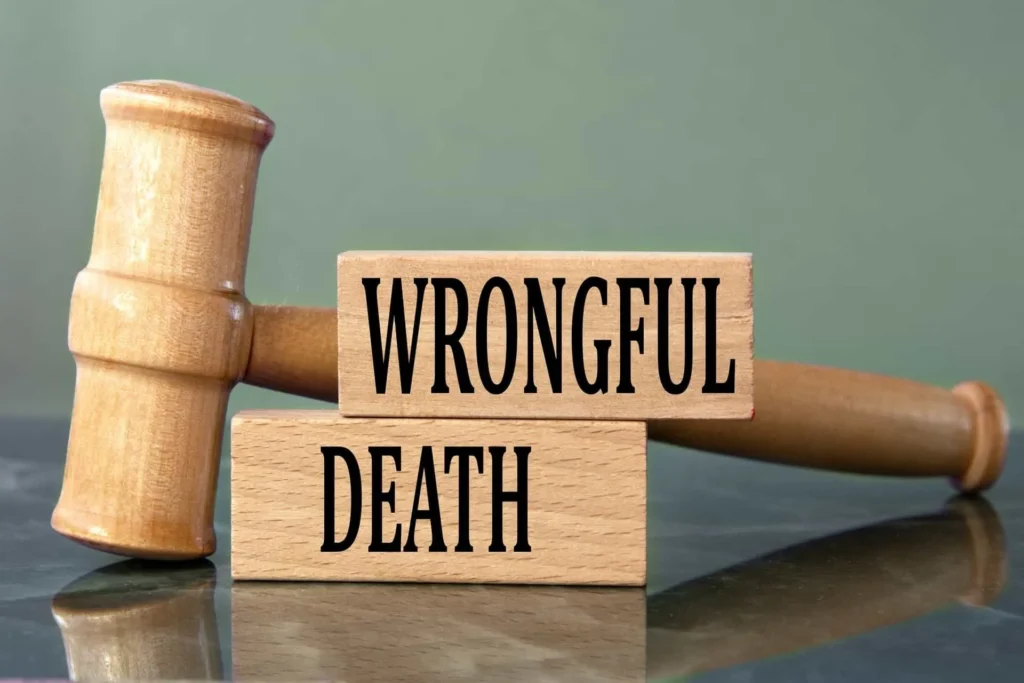Understanding The Foundations Of Wrongful Death Claims
Losing a loved one due to someone else’s negligence or misconduct is a devastating experience. In such cases, wrongful death lawsuits allow surviving family members to seek justice and compensation. These claims typically arise from fatal accidents, medical malpractice, or intentional acts, and are governed by state-specific laws. Knowing the basics can help you determine if you qualify to bring a suit on behalf of your loved one.

Who Is Eligible To File A Wrongful Death Lawsuit?
The right to sue for wrongful death varies by state, but typically includes immediate family members such as spouses, children, or parents. In some cases, representatives of the estate may also bring a claim. Only those with a significant relationship to the deceased—and a demonstrable financial or emotional loss—are allowed to pursue legal action. Consulting a qualified attorney ensures you understand your eligibility before moving forward.
Key Steps In The Wrongful Death Lawsuit Process
Beginning a wrongful death lawsuit involves several distinct stages. First, the plaintiff must gather evidence showing the responsible party’s negligence or wrongdoing led to the death. Next, the case is officially filed in civil court through a complaint document. From there, both sides engage in discovery, exchanging information and interviewing witnesses. Most cases resolve via settlement negotiations, though some may proceed to a full trial.
Types Of Damages You Can Claim In Wrongful Death
Compensation in wrongful death lawsuits is designed to alleviate the financial and emotional burden suffered by survivors. Damages can include lost wages and benefits, funeral expenses, medical costs prior to death, and loss of companionship or guidance. In certain cases, punitive damages may also be awarded if the action was especially egregious. Calculating damages accurately requires attention to both present and future losses.
The Importance Of Timely Action And Legal Guidance
Every state enforces statutes of limitations that restrict the time frame for filing a wrongful death claim—sometimes as little as one or two years after the incident. Acting promptly is essential to avoid losing your legal rights. Experienced attorneys help families through this challenging process, ensuring all documents are prepared and deadlines are met. Their guidance can be invaluable during an emotionally charged time.
Navigating The Complexities Of Proving Fault
Establishing liability in wrongful death actions often demands thorough investigation and expert testimony. Plaintiffs must demonstrate that the responsible party’s actions directly caused the death. This can involve medical records, traffic accident reports, or other forms of evidence. A lawyer’s expertise in building a strong case is crucial to increasing the odds of a favorable outcome for grieving families.
Achieving Justice And Closure Through The Legal System
Although no amount of compensation can replace a loved one, wrongful death lawsuits offer families a measure of justice and financial relief. By following the right steps and working with knowledgeable counsel, survivors can hold responsible parties accountable, providing closure and support for the healing process.

